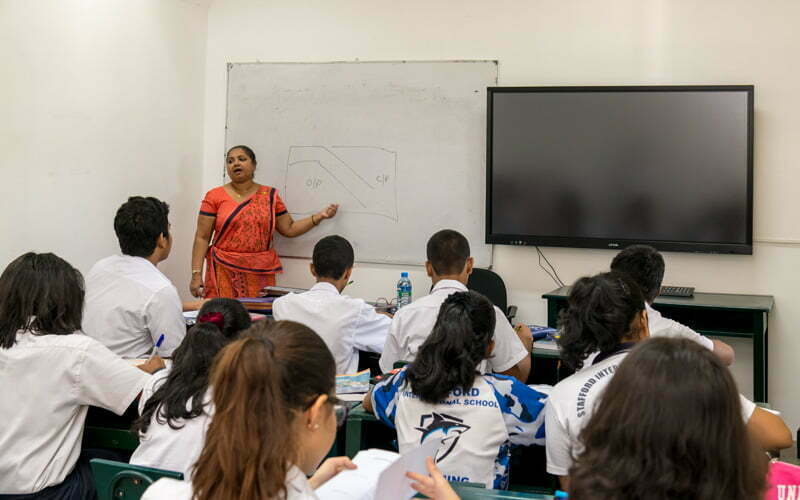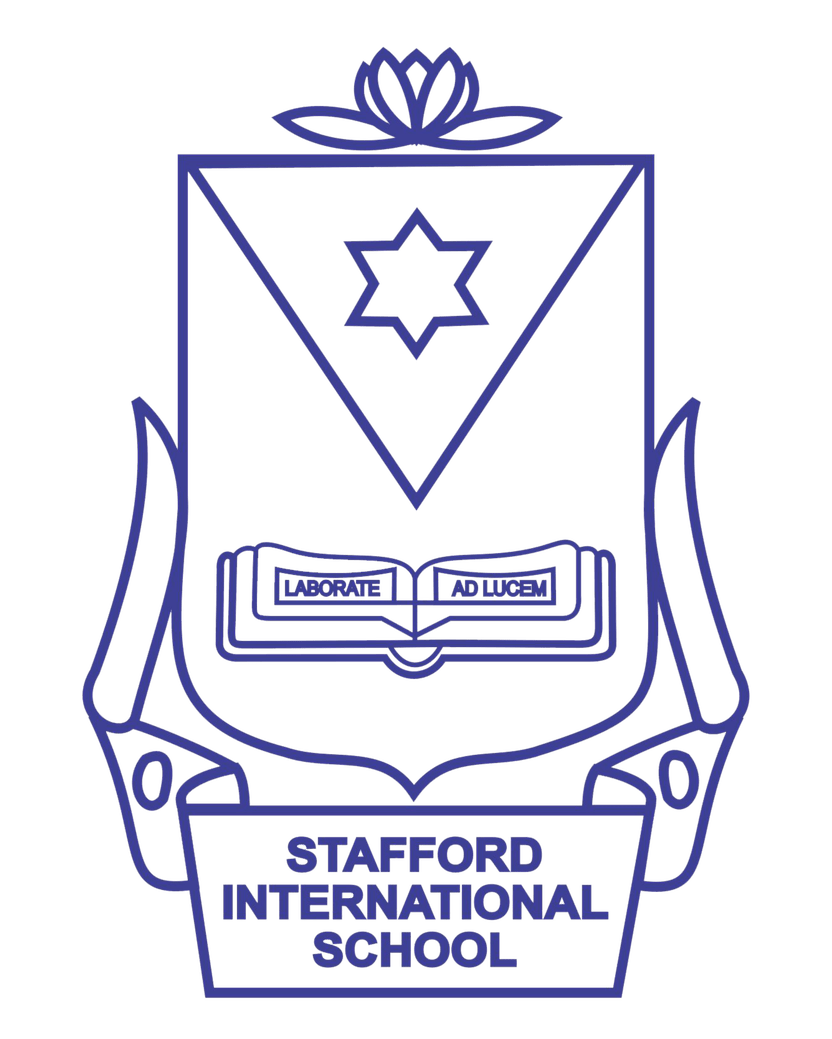An overview about private education in Sri Lanka
Sri Lanka is a charming little island that boasts of a rich culture and heritage. The people who call this island home belong to different cultures and nationalities and they collectively add colour to the tapestry of life in remarkable ways. Although the country is still largely a developing one, Sri Lankans have certainly made great strides in terms of education and health. The article below provides some details about the private education system in Sri Lanka so you will be able to learn and appreciate its intricacies and patterns.
In Sri Lanka one will find a mix of government schools and private schools. There are also a few semi-government schools in the island. While the education that the government schools offer is free, private education in Sri Lanka has taken off due to the short comings of the free education system.

There are many private education institutes in Sri Lanka, offering primary, secondary and tertiary education to students. Some of these establishments boast of rich and colourful histories. There are also many new establishments in the country, that have come to fill in the gaps.
One will find several private schools in Sri Lanka. Most of these schools are located in cities as well as suburbs. There are no private schools in areas such as Kilinochchi, Mannar, Vavuniya, Mullativu, Ampara, Trincomalee and Polonnaruwa districts. All the schools in these areas are owned and operated by the government of Sri Lanka. It was estimated in 2010 that approximately 117,000 children were studying in private schools of the country. There were also close to 6,000 teachers teaching in the 98 recorded private schools in the same year. However, the cream of the private schools is mostly concentrated in the Colombo district.
The Primary School of Stafford International School boasts of a team of dedicated teachers who believe that each individual child deserves a chance to blossom in his or her unique way. The social skills which are needed to win the world are gently inculcated in their minds through student centred teaching methods.
More parents are now eager to send their children to the private schools as it is deemed that the quality and standards that are maintained by these schools are of superior quality. The impressive facilities and teachers afforded by these institutions prepare more rounded students better suited for the 21st century job market. The funds needed to send the children to private schools vary depending on the school, and could be steep.
But due to rising incomes and Sri Lanka reaching middle income status, the demand for private education is also rising rapidly. To ease the financial burden of the parents who wish to offer their children the benefits of private education without spending a fortune, semi-government schools have been introduced as another option. The famous private schools in the country include St. Bridget’s Convent, Ladies College’, St. Joseph’s College and St. Peter’s College. All these schools are located in the capital city of Colombo.

